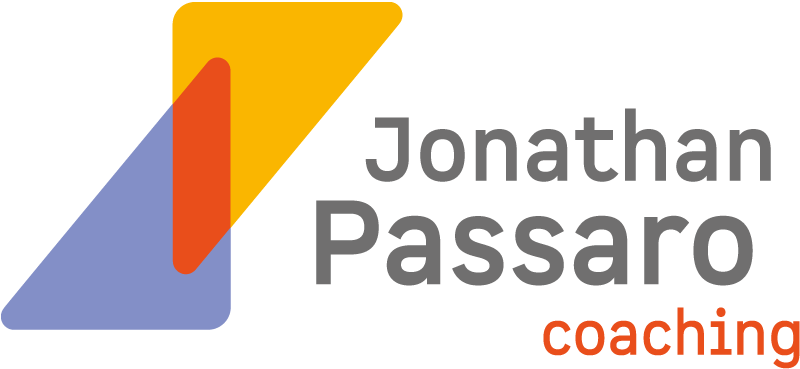Trying Harder
La version française de ce billet est disponible ici.
Often, the first reflex of clients when reflecting on a potential solution to a problem is that they simply need to “try harder”.
But if the solution to most problems were really that simple — if it were really just a question of effort — hardly anyone would get stuck in bad habits or grapple with the sort of issues that we all face in our day-to-day work life: most problems would resolve themselves shortly after they arise, with just a simple application of effort. Still, many people seem convinced that what they really need to do to achieve their goals is to figure out a way to try a bit harder.
This belief is not only misguided — it’s confounding. After all, the defining characteristic of most of my clients (and, in fact, most of the same people who think they need to try harder) is precisely their outsized capacity for effort. How could it possibly be true that people for whom working on nights and weekends is the norm are somehow not putting in enough effort when it comes to improving the way that they work?
Look, at some point or another, we all get stuck in some aspect of our work; it could be big (a plateau in our career), or it could be smaller (a bad habit we just can’t seem to break). When this happens, it is time to question not how much energy we are putting into our work, but the way in which we apply that energy. It is a matter of analysing why our efforts have not — for the moment — paid off. It’s similar to when your car gets stuck in mud or snow: pushing harder on the accelerator doesn’t do any good (and in fact is usually counter-productive). You need to first develop a strategy to ensure that the energy you apply is going to have the desired effect.
That’s where I come in. I help my clients to take a step back in order to figure out why the hard work they are putting in is not achieving the desired results, and what they need to adjust in order to achieve their objectives. Together, we take a detailed look at the situation: first, I help my client to study the issue from every possible angle; having an external, impartial view on the situation helps me to uncover blind spots. Then, the data we gather through this process allows us to experiment with approaches that are more likely to bear results — with the same or, ideally, even less effort.
The outcome is a well-thought-out strategy that can be executed with finesse rather than brute force. It requires time and, of course, a bit of effort. But, ultimately, the client progresses without expending unnecessary energy — which frees up time and energy to apply elsewhere.
If you feel like you are spinning your wheels in some aspect of your work and not progressing as quickly as you could, why not get in touch with me by clicking here? If you would first like to find out a little bit more about who I am, click here.
